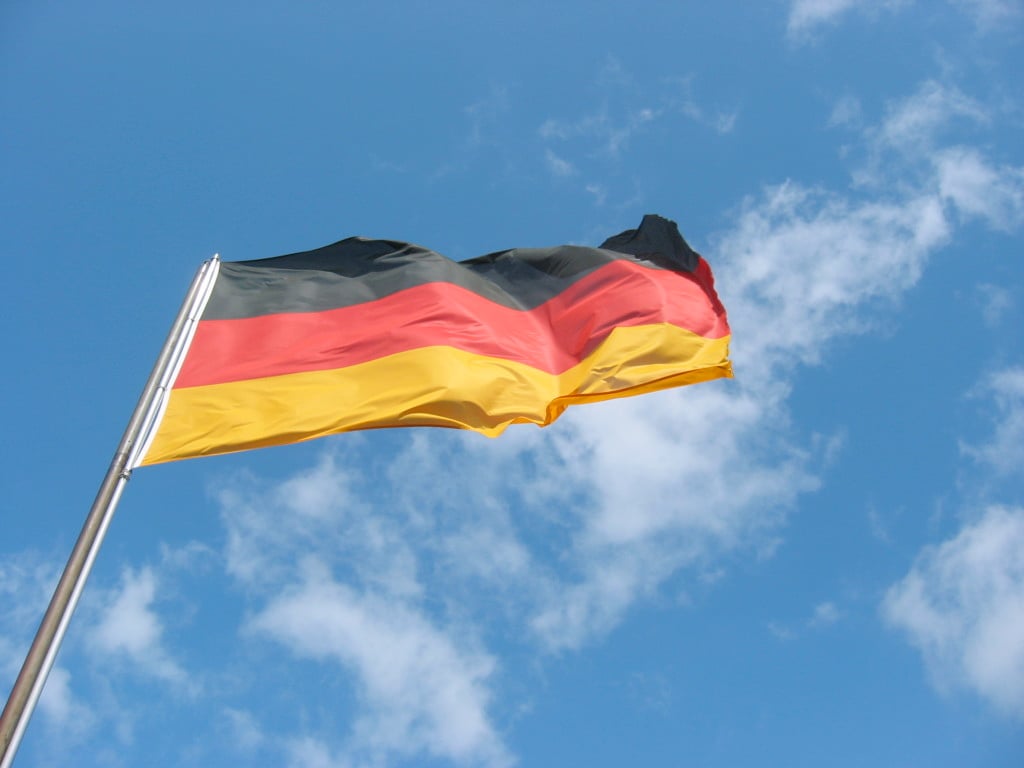Curiosities About the German Language
Sprichst du Deutsch? It’s a language of an estimated 100 million native speakers, and another 80 million speak it as a second language; yes, that’s a lot of people, it’s also spoken in 40 countries and is an official language of the United Nations. Let’s look at some of the things that have made German the German of today, some of the weird and humorous facts, and the ways in which German has influenced the English we use everyday
To start, it seems appropriate to explain the origin, and while that could take some time, I’ll try to keep it brief:
German belongs to Indo-European, which is a family of languages including 438 others, some being Spanish, English, Hindi, French and Russian. Under Indo-European is the branch of Germanic languages, which splits up into two classes: West Germanic which contains predominantly English, Dutch and Afrikaans; And North Germanic which contains Norwegian, Danish, Swedish, and Icelandic, among others;
 From the West Germanic branch came Old High German, the first stages of the German language we know now, beginning around 500 AD, but was considered ‘prehistoric’ until 750 AD. Around this time, Old High German went through a change, commonly known as the ‘High German consonant shift,’ whereas by the 9th century German was different from all the other West Germanic languages. In 1534, Matin Luther translated the Bible into the modern German language, this new ‘Luther Bible’ had a rather large impact on the language and culture, as it was more accessible than the Latin version, allowing German to become the standard text.
From the West Germanic branch came Old High German, the first stages of the German language we know now, beginning around 500 AD, but was considered ‘prehistoric’ until 750 AD. Around this time, Old High German went through a change, commonly known as the ‘High German consonant shift,’ whereas by the 9th century German was different from all the other West Germanic languages. In 1534, Matin Luther translated the Bible into the modern German language, this new ‘Luther Bible’ had a rather large impact on the language and culture, as it was more accessible than the Latin version, allowing German to become the standard text.
Now some fun parts. German has a number of words that those in English speaking parts have become accustomed to using, such as:
Kindergarten — Maybe you attended one? It translates to ‘children’s garden.’
Wanderlust — The desire and pleasure of travel.
Angst — Fear or anxiety.
Glitz — To sparkle or glitter.
Hamburger — Named after the city Hamburg.
Hamster — From the Old High German ‘hamustro,’ or ‘weevil.’
Lager — Meaning ‘storeroom’ or ‘warehouse,’ as the beer is stored for aging.
Interesting, let’s look at some words that are not the same as the English versions:
Gift — In German this is ‘poison.’
Mist — Bird poop.
Rat — Advice.
Would you like some ‘rat’ for learning German? Well, take into consideration the fact that it uses three genders, for those that only speak English, that might sound strange. In Spanish there are two genders, ‘el’ for masculine and ‘la’ for feminine; German however has included a third, leaving us with ‘der’ for masculine, ‘die’ for feminine, and ‘das’ for neutral. To make life a little more confusing, these genders don’t relate to the physical objects gender, for example, the German word for ‘girl’ is ‘das Mädchen,’ which is neutral…Mark Twain once said, “In German, a young lady has no sex, but a turnip has.”
Hopefully I didn’t put you off with that last part, German is a remarkably interesting language that’s continuing to grow and become more popular throughout the world. As they say in Germany, “Alles hat ein Ende, nur die Wurst hat zwei” — ‘Everything has an end, only the sausage has two.’
Do you know any other interesting German words or expressions? Do you find the history of languages interesting? Confusing? Both?

